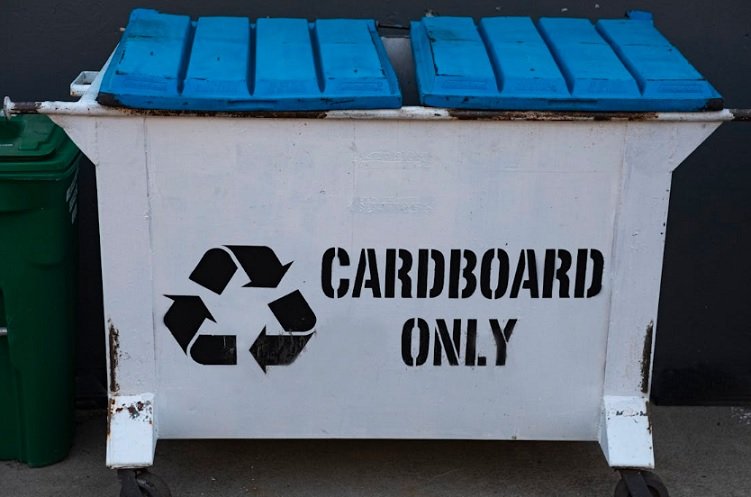Here’s a fun little fact: most businesses have no idea what’s actually hiding in their bins. It sounds harmless – a few coffee cups, some packaging, maybe a stack of old printouts. But when someone finally takes a peek, the results can be shocking. Think piles of perfectly usable materials, wasted energy, and money (a lot of it) literally being thrown away.
A warehouse manager once shared that after just one waste audit, his team discovered they were binning enough reusable cardboard each month to build a small fort. Not only was that costing them hundreds in disposal fees, but they were also paying extra to buy more packaging supplies. It was like throwing cash out the back door and then running around the front to buy it back.
And that’s the story for many businesses – waste that’s invisible until someone takes the time to look.
The Hidden Price of a Full Bin
Every overflowing bin tells a story. It might be about over-ordering supplies, staff not recycling properly, or simply not having the right systems in place. The problem is, that story rarely gets told until the bills start stacking up.
According to DEFRA, the UK generates over 40 million tonnes of commercial waste each year. Imagine that – mountains of materials that could have been reused, resold, or recycled, all heading straight to landfill. And while that’s bad for the planet, it’s also bad for business.
Take a café, for example. Every unsold pastry, every paper napkin tossed without thought, adds up. Over a year, that’s a lot of money (and muffins) down the drain.
Or think of an office that prints every email “just in case.” Add up those ink cartridges, paper reams, and recycling pickups and suddenly, “just in case” looks expensive. Waste isn’t just about what’s in the bin. It’s about what’s being lost before it even gets there.
How Waste Audits Flip the Script

Here’s where the magic happens – a waste audit is basically an X-ray for your rubbish. It helps uncover habits you didn’t even realise were costing you money.
For instance, a small manufacturing business in Birmingham found that they were throwing away around 15% of their raw materials due to poor cutting processes. After a proper audit and some simple workflow changes, they not only reduced waste but started selling leftover materials to local schools for art projects. A win-win – less waste, more goodwill.
Waste audits don’t just point fingers; they point out possibilities. Maybe it’s switching suppliers, rethinking packaging, or even finding creative reuse opportunities within the company.
It’s not glamorous work, but it’s surprisingly satisfying – like tidying up your digital inbox and suddenly realising how much space (and peace) you’ve gained.
Sustainability That Actually Pays Off
Let’s face it – “sustainability” has become a bit of a buzzword. Everyone talks about it, but not everyone knows what it looks like day-to-day. In reality, it’s less about lofty goals and more about small, consistent habits that make sense both ethically and financially.
When businesses get serious about reducing waste, teams tend to notice. People start taking pride in smarter systems, thinking twice before tossing things away, and even coming up with new ideas to make processes smoother. It builds a kind of team energy that spreadsheets can’t measure.
According to a Harvard Business Review article, companies that commit to sustainability tend to perform better in the long run – not just financially, but in brand trust and employee satisfaction. Customers also gravitate toward brands that walk the talk.
So yes, being green can make you more in the black.
Turning Waste into Worth
At the end of the day, waste is just untapped potential wearing a disguise. With a little awareness and a solid plan, that pile of rubbish could become the next big saving or even a new source of revenue.
For businesses ready to dig deeper, teams like Novus Environmental make it easy. Their expert waste audits reveal what’s really happening behind the scenes and turn those findings into simple, cost-effective strategies. The result? Lower costs, cleaner spaces, and happier teams.
Because when waste turns into worth, it’s not just good for the planet but it’s also good for business. And maybe, just maybe, it all starts with taking a second look inside that bin.
